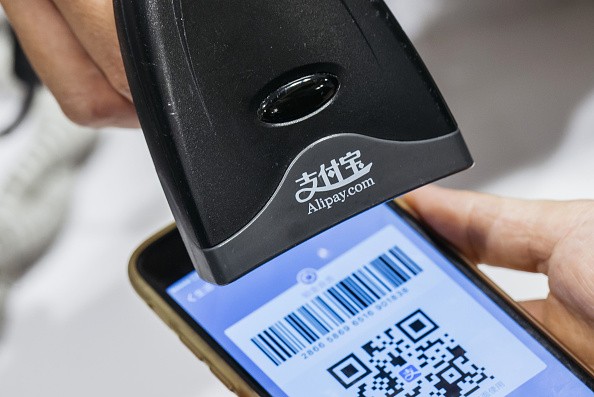Alibaba Group Holding Ltd's acquisition of U.S.-based money-transfer group MoneyGram International Inc will not only challenge the existing funds transfer market, but it will also pressure China to bolster its anti-money laundering policies, Reuters reported.
Through its affiliate Ant Financial, Alibaba announced that it will be acquiring MoneyGram for $880 million as part of its globalization push. The acquisition will enable Ant to eat away market share from other big competitors, analysts said.
Ant, which operates Alibaba's mobile payment solutions arm Alipay, will reportedly go public and traverse the same path Alibaba did when it announced its $25 billion IPO in 2014.
But aside from its potential effects on existing cross-border money transfer market, the acquisition is also seen to rattle Chinese officials in their efforts to curb money laundering.
Chinese banks have been under scrutiny for failing to properly police their foreign branches. With the acquisition, many are raising questions about how U.S. officials will see Chinese control of America's second-largest money-transfer company, Reuters wrote.
Ahead of the acquisition, several anti-money laundering professionals are already on their toes to see if compliance hurdles will have any impact on an Alipay-MoneyGram merger.
"Will Alipay adopt U.S. AML rules and apply MoneyGram's more strict oversight of suspicious activities? There's this gray area between BitCoin, mobile banking, and remittance companies expanding, and government laws, rules and oversight cannot keep up," a senior federal law enforcement official and money laundering expert told Reuters in an interview.
Meanwhile, China's central bank has stepped up efforts to curb the country's problems on money laundering. Last year, it started to require finance companies to report any overseas transactions amounting to 200,000 yuan or more.
The new regulations aim to counter money laundering and terrorism financing, Bloomberg reported, citing a statement from the People's Bank of China.



























